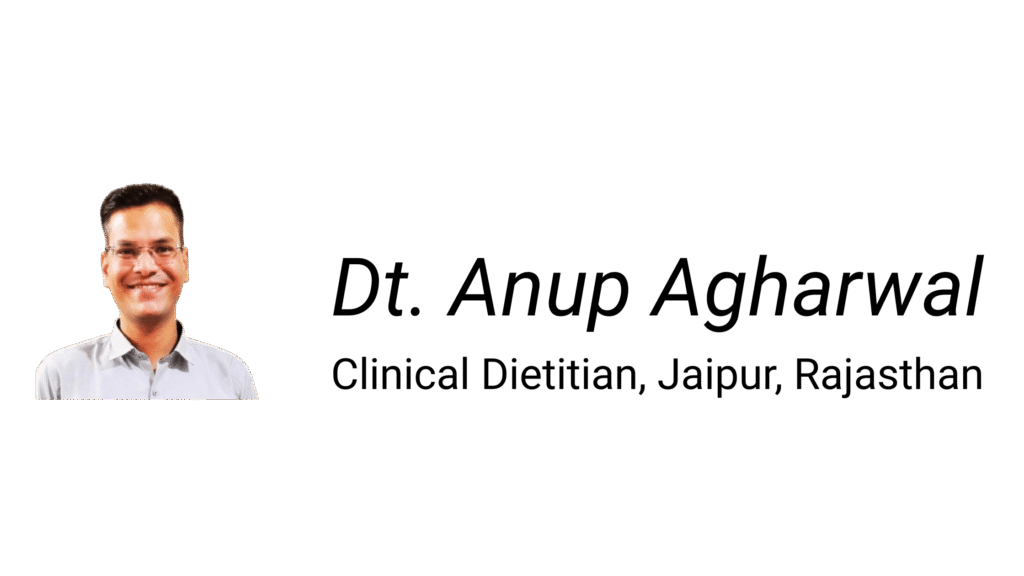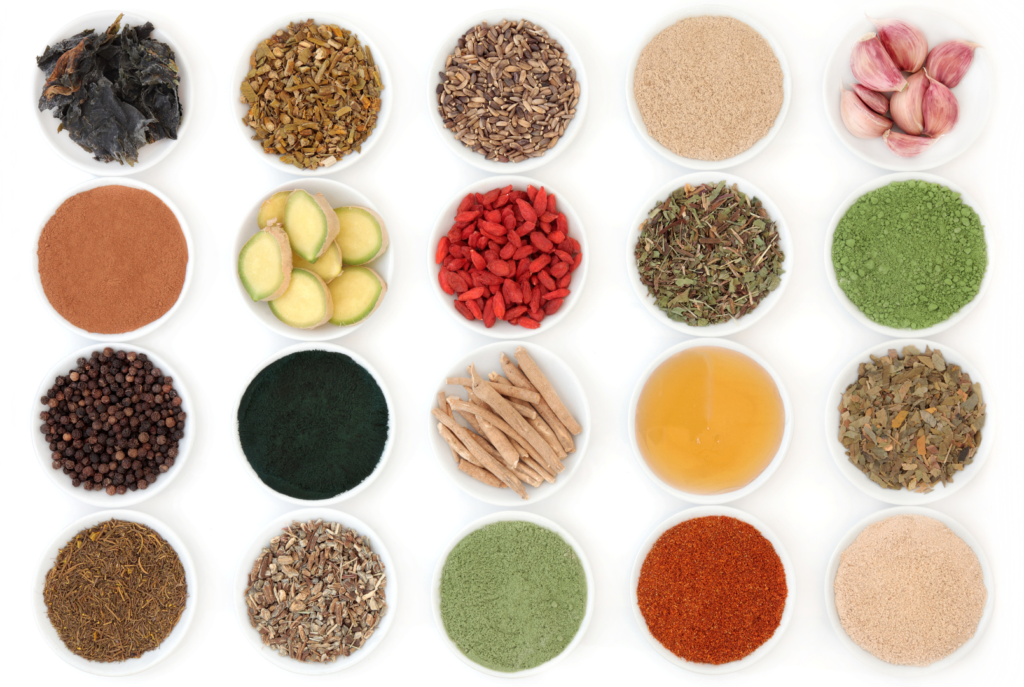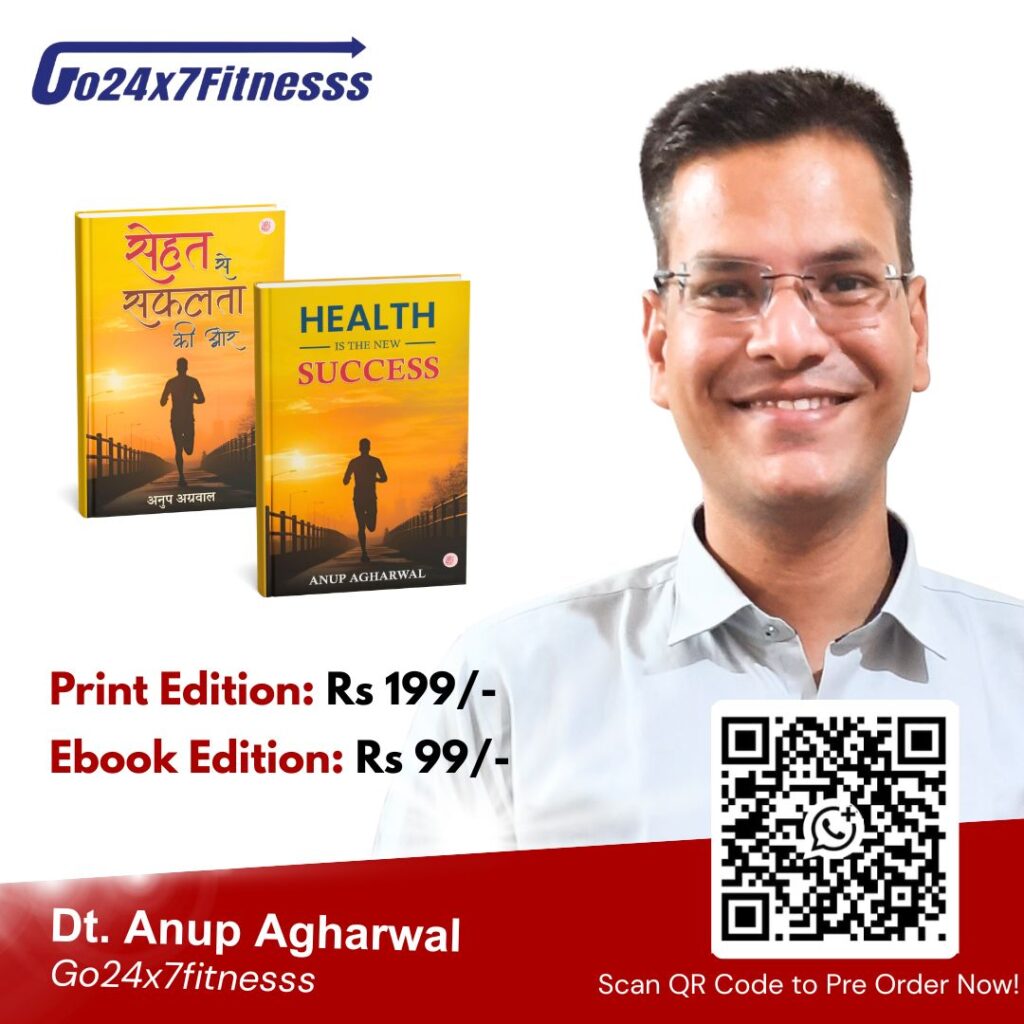

Table of Contents
What Are Foods Dense in Protein?
When I talk about foods dense in protein, I simply mean foods that give a high amount of protein in a small serving. Protein helps repair muscles, supports hormones, builds immunity, and keeps you full for longer.
According to Harvard Health, foods like eggs, fish, poultry, beans, nuts, and dairy are among the best natural protein sources because they pack more protein per calorie.
In India, people often think only chicken or eggs are high in protein, but many vegetarian options also provide excellent amounts — like paneer, lentils, chickpeas, and almonds.
Benefits of Eating Foods Dense in Protein
Protein-rich foods support almost every function in the body. Here is how they help:
Nutrient Density
Protein-dense foods are often rich in iron, calcium, zinc, B-vitamins, and healthy fats, not just protein.
For example, 100g paneer gives around 18–20g protein (NDTV) and also provides calcium for bone strength.
Better Weight Management
High-protein foods keep you full longer and help control cravings.
This is because protein slows down digestion and stabilizes blood sugar.

Improved Muscle Strength
If someone is working out or even walking daily, protein helps repair muscles.
Just one egg gives 6g protein along with important amino acids.
Supports Immune System
Protein helps create antibodies that protect the body from infections.
Gut Health
Foods dense in protein like yogurt, lentils, beans, and nuts also support digestion.
- Yogurt gives protein + probiotics which help gut bacteria
- Lentils and chickpeas give protein + fiber
- Almonds offer 21g protein per 100g (Paras Hospital source)
All these support better digestion and long-lasting energy.
Foods Dense in Protein (Popular Examples)
Vegetarian Protein-Dense Foods
Lentils (Dal)
A staple in Indian homes.
High in protein and fiber, it supports digestion and fullness.
Paneer
Around 18–20 g of protein per 100 g (NDTV).
Excellent for vegetarians wanting high-quality protein.
Chickpeas (Chole)
It’s a good source of plant-based protein and supports steady energy.
Almonds
Around 21 g of protein per 100 g (Paras Hospital).
Also rich in healthy fats and vitamin E.
Soy and Tofu
Soy is considered a complete protein source containing all essential amino acids.
Greek Yogurt
Gives more protein than regular curd and also improves gut health.

How to Include These Foods in Your Diet
I always tell my clients, protein is not just for gym-goers. It is for everyone.
Here’s how I personally recommend adding protein-dense foods to your day:
Breakfast
- Add eggs, paneer bhurji, Greek yogurt, or soaked almonds
- Add chia seeds or peanut butter to your morning meal
Lunch
- Dal, rajma, chole, paneer, tofu
- Fish or chicken for non-vegetarians
Snacks
- Almonds, peanuts, roasted chana
- Yogurt or protein smoothie
Dinner
Add lentils or sprouts if you prefer veg options
Lean chicken, fish, tofu, or paneer
Dietitian’s Desk

As a dietitian, I always see that people underestimate protein.
But once they include foods dense in protein, they feel better energy, improved muscle tone, fewer cravings, and better digestion.
Protein is not about eating large portions, it is about choosing the right foods.
By adding a mix of vegetarian or non-vegetarian protein-rich foods, you can easily support your health goals, whether it’s weight loss, better immunity, or muscle strength.
FAQs
How much protein do I need daily?
Most adults need 0.8–1 g of protein per kg body weight depending on activity level.
Can vegetarians get enough protein?
Absolutely. Paneer, lentils, chickpeas, soy, yogurt, and nuts provide excellent protein.
Are nuts a good protein source?
Yes. Almonds provide 21 g of protein per 100 g along with healthy fats.
Which is better: eggs or paneer?
Both are good. Eggs offer high-quality protein; paneer offers protein + calcium.
Do I need protein supplements?
Not always. If your diet is balanced, natural foods can meet your needs.

🎯 10+ years of Experience
🎓 10k+ Trained ( 📍 Jaipur )
💪 Helping change people’s lives
🌿 Most trusted lifestyle counselor
